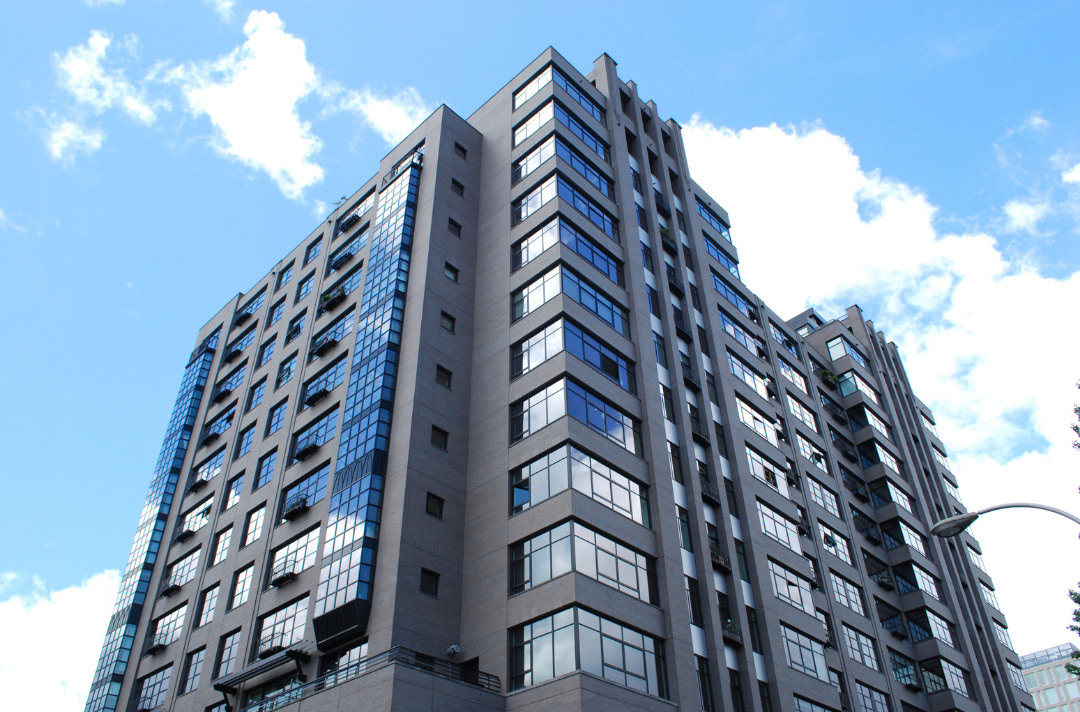The Advantages of Putting 20% Down on Your Home
Posted by Infinity Admin on

Is it possible to have a down payment strategy in today’s sizzling Canadian real estate market? From the Prairies to Atlantic Canada, it is clear that all kinds of residential properties are rising in value. And while there are obvious advantages of putting 20% down on your home, current conditions are posing challenges to many homebuyers.
When you factor in higher interest rates, rampant price inflation, and accelerating price growth for single-family homes and condominium units alike, it can be a challenge for prospective homebuyers to find a place.
One of the biggest hurdles for buyers to overcome is the down payment.
According to the federal government’s rules, homebuyers need a minimum of five per cent down…
325 Views, 0 Comments

.png)








